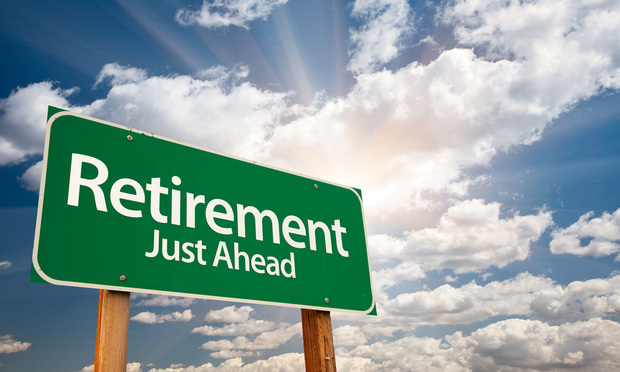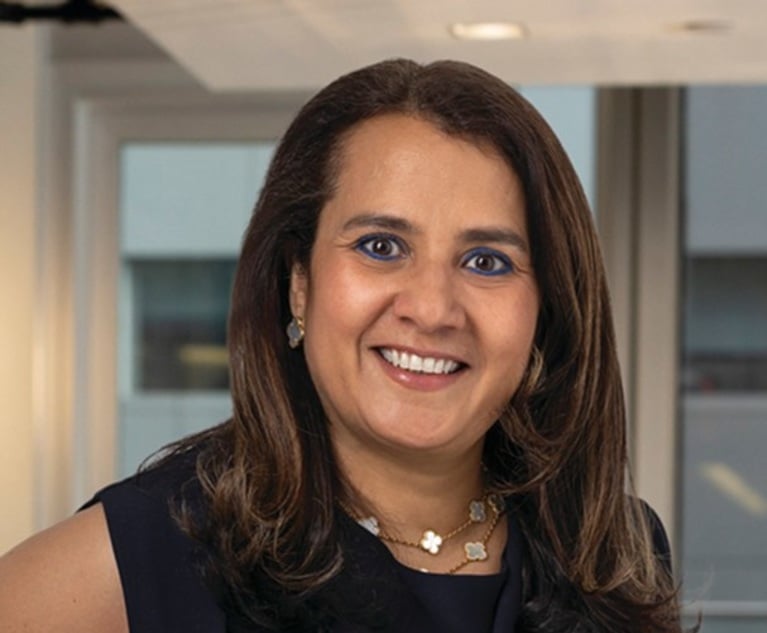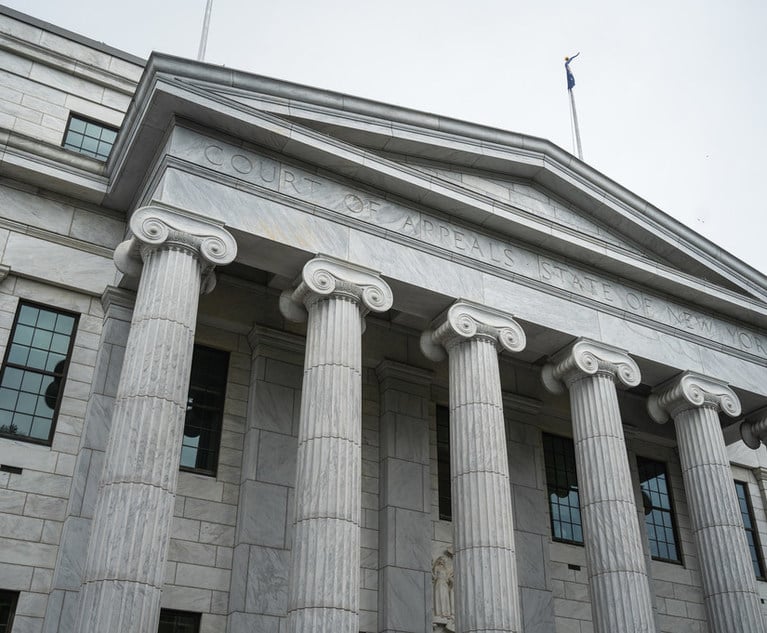 Lawyers are living longer, and they have the intellectual and physical capabilities of continuing to practice law well beyond the age when many lawyers have retired in the past. This has led to discussions and tensions about the role of senior lawyers in their firms. See Susan Desantis, Forced Retirement Policies Fading but Tensions Remain, N.Y.L.J., February 5, 2019, at 1, 9. Senior lawyers and their firms should consider the advantages of pro bono service as a respected and satisfying next step in legal careers. Despite the amount of pro bono work that lawyers do, there are vast unmet needs for legal services for the underrepresented—the poor and the middle class who cannot afford legal services. This is a gap that senior lawyers could help to fill.
Lawyers are living longer, and they have the intellectual and physical capabilities of continuing to practice law well beyond the age when many lawyers have retired in the past. This has led to discussions and tensions about the role of senior lawyers in their firms. See Susan Desantis, Forced Retirement Policies Fading but Tensions Remain, N.Y.L.J., February 5, 2019, at 1, 9. Senior lawyers and their firms should consider the advantages of pro bono service as a respected and satisfying next step in legal careers. Despite the amount of pro bono work that lawyers do, there are vast unmet needs for legal services for the underrepresented—the poor and the middle class who cannot afford legal services. This is a gap that senior lawyers could help to fill.
The justice gap is real. The poor and middle class lack the resources to obtain access to legal services to maintain or secure the essentials of life, such as housing, family needs, healthcare, education and subsistence income. At the same time, these persons find it difficult to represent themselves effectively or even to know what legal recourse they may have. The most recent Report of the New York State Chief Judge’s Permanent Commission on Access to Justice reported that only 37 percent of legal needs were being met for New Yorkers with incomes up to 200 percent of the federal poverty level.






